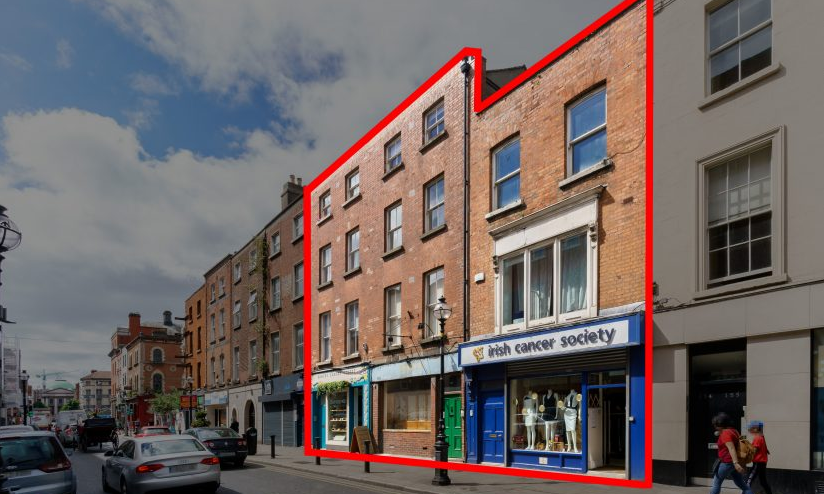
Thinking about buying a commercial investment property? There are a number of factors you will need to consider.
Here are four important ones:
1. The tenant
The quality of your tenant is critically important because it will determine how sound your rental income stream will be. Having a major retail brand or franchise as a tenant is a huge advantage over having a one man or woman business.
If there is difficulty in collecting the rent you can certainly go to Court and get a Court order for vacant possession and a judgment for the outstanding rent and costs. But this judgment will be of little value if you cannot enforce it and your debtor simply does not have the money to pay the judgment amount. This is a strong possibility with an inexperienced sole trader.
You will also have incurred your own legal costs and you can be sure your solicitor will want to be paid.
So, a weak tenant carries inherent and obvious risks from the outset.
2. The physical condition of the property
The physical condition of the property is worth considering carefully if you want to avoid a property which will require significant expenditure in maintenance or repair and refurbishment. The type of lease in place will determine who is responsible for repairs and maintenance to the building so this would want to be checked before investing.
3. Location
The location of your investment property is vitally important for a number of reasons. Firstly, from the perspective of selling the property on when you are ready. Secondly, if you have to evict the tenant or he does not renew the lease you will have to find another tenant and the location, if good, will make this a much easier task.
On the other hand the business that was carried on may have been one which relied to a large extent on the business and personal contacts and reputation of the tenant. It may be difficult to re-let the premises if it is in a secondary location and is only suitable for a small number of businesses.
4. The legals
You will need to ensure that all legal, planning, and regulatory matters are in order. This involves checking that good title is being offered, the planning and building regulations/building bye-laws are in order, the terms and conditions of the existing lease, and any rates or management company liabilities have been fully discharged and there will be no unpleasant surprises for a buyer of the building.
Conclusion
Buying a commercial investment property is broadly similar to buying a residential investment property. You are more likely, however, to have a sitting tenant with a commercial property and you may be buying a property that is subject to a long commercial lease-for example for 15, 20, or 35 years.